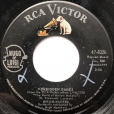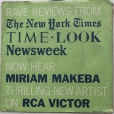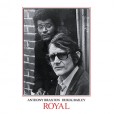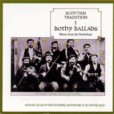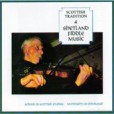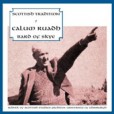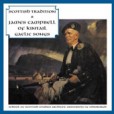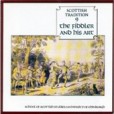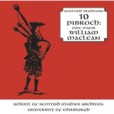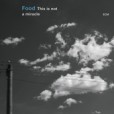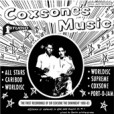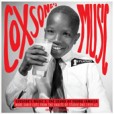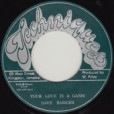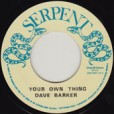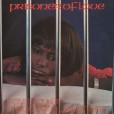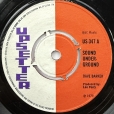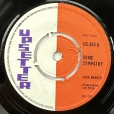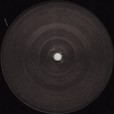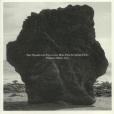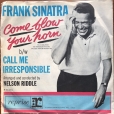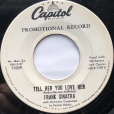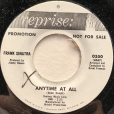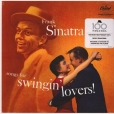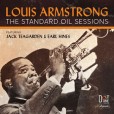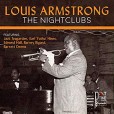Your basket is empty

Recorded in 1974, at the Royal Hotel in Luton, with Braxton playing soprano and alto saxophones, and Bb and contrabass clarinets. Two volumes were planned; only one was issued, till now. This was an early transatlantic meeting between leading free improvisers. Many of Braxton’s signature techniques and ideas were gestated in such sessions. It still brims with inquisitive musical creativity and knockabout jazzbo allusiveness.
‘Illustrating not only the distinctive arts of the older unaccompanied fiddlers but also the way in which the tradition is moving forward today.’
Several stretches of conversation, mainly in English, and eight songs in Gaelic composed by the crofter — who died in 1978 — accompanied by Roy Williamson and John Mackinnon, on flute and violin.
The legendary Gaelic concert singer, drawing on his vast repertoire — much of it learned traditionally, within the family circle.
Strathspeys, reels, slow airs, marches, waltzes and jigs from five different regions of Scotland, played by Hugh Inkster, Pat Shearer, Andrew Poleson, Donald MacDonell and Hector MacAndrew.
Awe-inspiring 1950s recordings by one of the greatest bagpipe players of the century… from the Isle of Mull.
Iain Ballamy and Thomas Strønen, joined by Christian Fennesz. ‘Powerful grooves, evocative textures and exploratory improvisation, sometimes hypnotically insistent, sometimes turbulent.’
‘Heavier, drier, connecting more with how we actually sound live,’ says Strønen.
Surely there’s a word missing from the sub-title. Ivan was terrible; Coxsone wasn’t downbeat. Coxsone was the Downbeat Ruler, with the Downbeat Sound System, spinning fabulous tunes like these.
An embarrassment of musical riches here, still.
Out of all the twelves by MN on Jamal Moss’ Mathematics label, maybe the most outstanding goes under the name Ra Toth — and true to form this is double-sided trumps for BH, slapping together bad-minded, cosmic jazz and banging, bruk-up disco.
The A sounds like a young Pete Rock giving Theo a hand with some Dirty Edits; the flip like a blend of evilous Arkestra and prime Innerzone Orchestra.
Zingers from five different nightclub engagements, mostly drawn from Pops’ personal reel-to-reel collection — at Bop City in New York in 1950, Club Hangover in San Francisco in 1952, Storyville in Boston in 1953, Basin Street in New York in 1955 and the Brant Inn in Ontario in 1958 — featuring five different iterations of Armstrong’s All Stars, including such luminaries as Jack Teagarden, Barney Bigard, Earl Hines, Arvell Shaw, Cozy Cole, Marty Napoleon, Milt Hinton, Barrett Deems, Edmond Hall…
